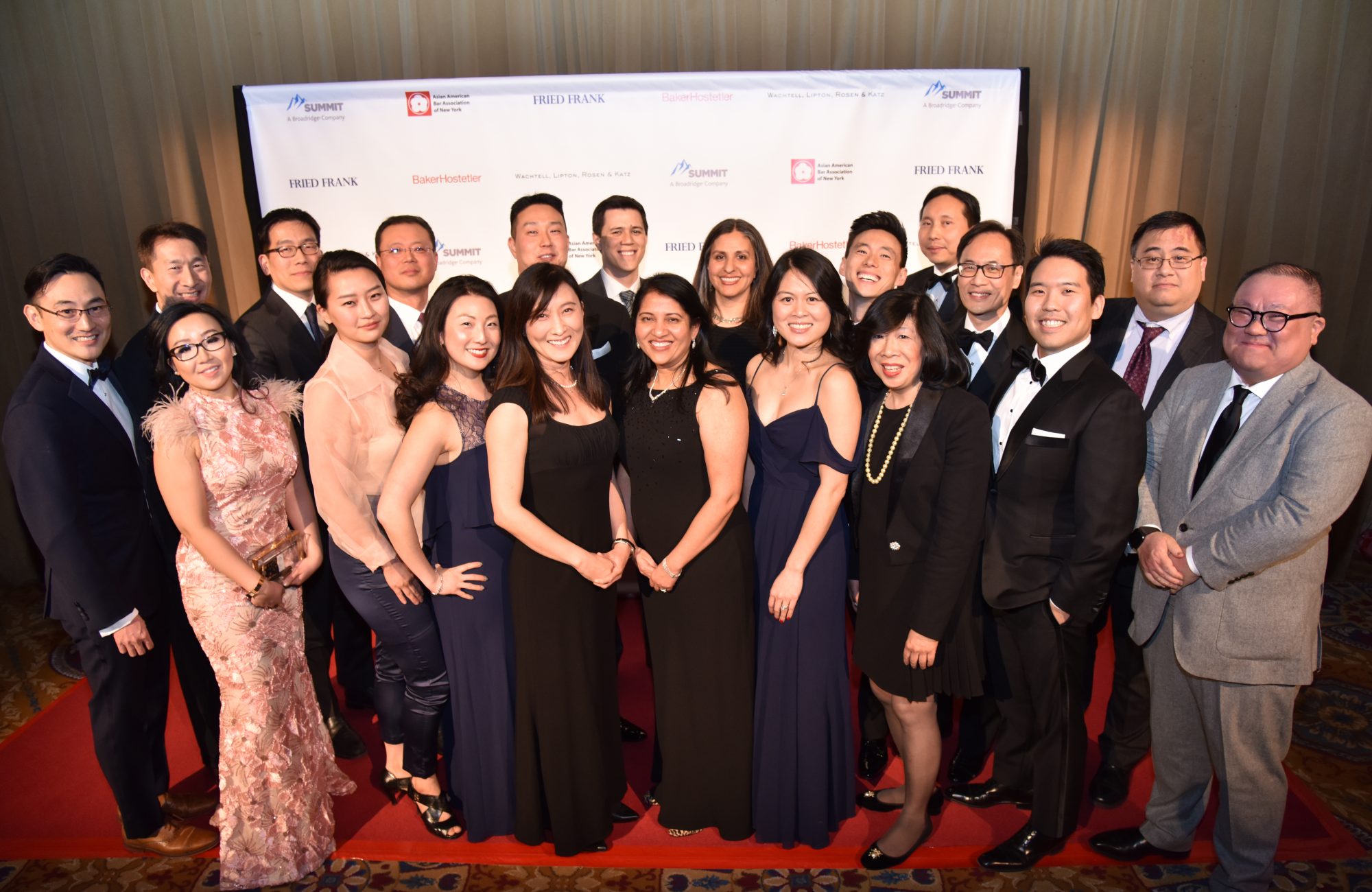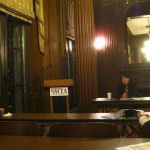On Sunday, March 30, at the Flushing Library, members of the Asian American and Specialized High Schools community, including education activists, SHS alum, parents, and students, met to address the NAACP complaint leveled against the single test criteria for admission to the NYC high-performing Specialized High Schools, backed by AALDEF (Asian American Legal Defense and Education Fund).
With the Specialized High Schools Admissions Test as the only criteria for admission, the racial composition of the SHS consists of a high percentage of Asian Americans (72% at Stuyvesant) disproportionately low number of Latino and especially African American students (less than 1% black students at Stuyvesant), a major issue of concern in NYC. Panelists and community members shared opinions, arguments for and against opening the criteria for admission, and personal experiences as parents and students in the testing system.

Panelists included: Roksana Mun (Youth Organizer, DRUM), Mitch Wu (Program Manager, Coalition for Asian American Children & Families), Larry Cary (President, Brooklyn Tech Alumni Foundation*), Stanley Ng (BTHS Alumnus & Lower Manhattan Representative for Citywide Council on High School), Catherine Zhou (Stuyvesant Alum & Education Activist), Michael F. Han (SHS Parent), Kathy Wang (SHS Student), Shikha Rawat (SHS Student & Youth Leader from DRUM). The moderator was Nelson Ma, lifelong New Yorker, AABANY member and Education Law Specialist.
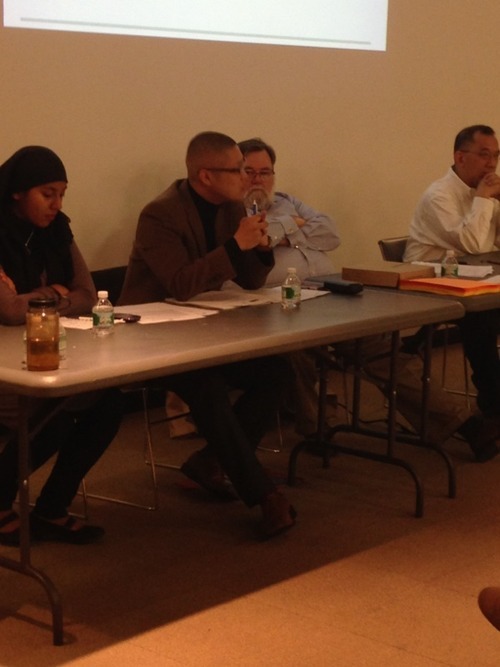
Roksana Mun (left) and Mitch Wu (center left) represented views that support opening the criteria for admission to include top students and across different New York neighborhoods. They also discussed issues of standing in solidarity with other communities of color, Asian American issues of identity and the “model minority” myth, and the problematic nature of many expensive test prep academies, which many working class and immigrant families will work long hours at hard jobs to pay for. Larry Cary (center right) and Stanley Ng (right) represented views that support the SHSAT as the most non-political and least easily biased admission for acceptance and offered alternative explanations for the discrepancy. Larry Cary and Stanley Ng contextualized the larger disparities within the New York City public school system and presented case studies of schools that opened admission criteria and yet still failed to promote diversity.
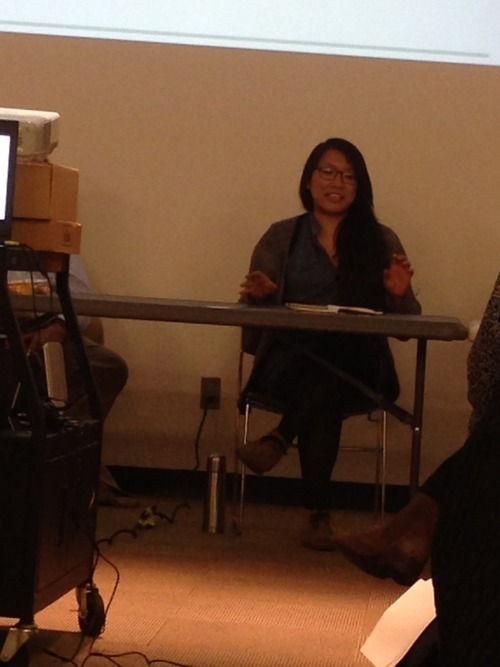
Above: Catherine Zhou shares concerns about recent cheating scandals and the test culture created out of the high-pressure single test system.
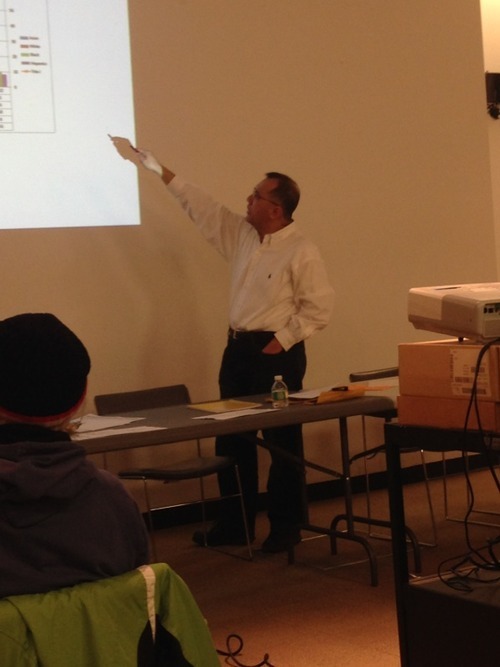
Above: Stanley Ng presents information about the neighborhoods feeding into the Specialized High Schools. He pointed out that the willingness of Asian American students to travel a long commute for their education, as well as a lack of seats for public high schools in Queens if similar numbers of Asian American Queens residents do not feed into the SHS system.
We can all agree that every NYC student deserves the best education possible. A special thank you goes out to Chris Kwok, Labor and Employment Law Committee Co-Chair, and Nelson Mar for organizing and moderating an event revolving around an important issue that affects the Asian American community!
~
Co-sponsored by the Coalition for Asian American Children & Families (CACF) and the Asian American Bar Association (AABANY)
*Appearing in his personal capacity, and not representing the views of the Brooklyn Tech Alumni Foundation
